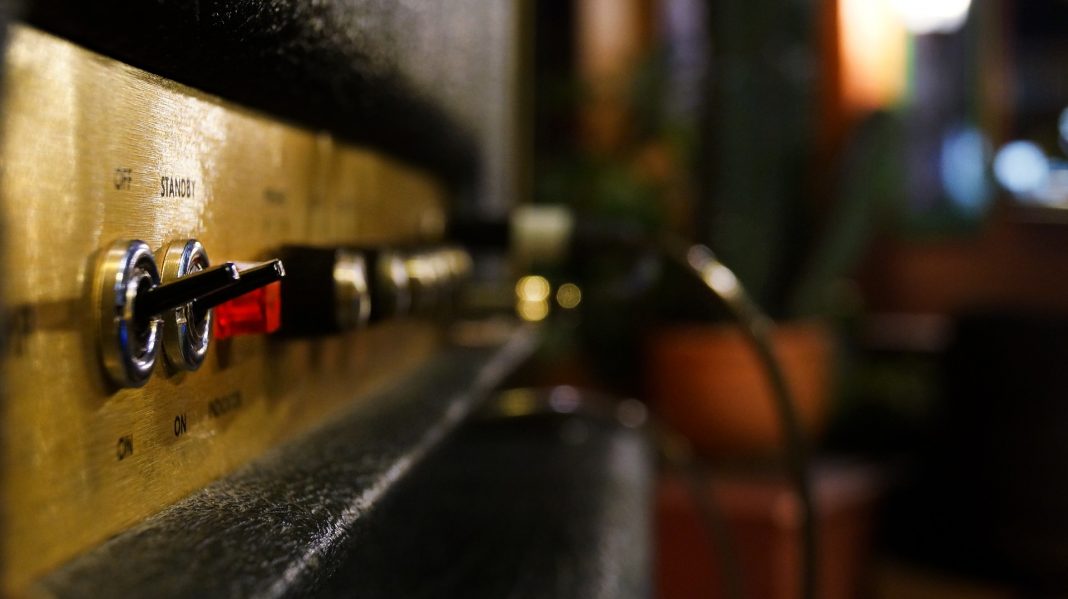If you feel you are suffering the nuisance of noise from a bar or club, your first instinct might be to call the police, but thanks to a court ruling you might be wasting everyone´s time if you haven´t raised the issue with the bar first.
The case which has now been ruled on relates to a case filed in November, 2018, dating back to the initial report in 2015, in which the complainant stated that they had suffered as a result of the noise created in the bar.
The complainant stated that they were unable to sleep in their apartment, and so called the police so that they could make the appropriate checks of the sound levels.
In 2017 another complaint was filed and the police attended the venue and found that noise limiters were not working.
The police followed up the complaint and sought to prosecute the venue owner under Article 325 of the Penal Code, considering noise pollution to be so severe it warranted criminal proceedings.
The defendant admitted to owning the bar, but stated that no complaints had been made, either in person or from the community of owners, and as far as they were aware there were no inhabited premises in the vicinity.
The court determines that the crime of noise pollution requires proof of damages, and that the burden of proof lies with the complainant, who must provide evidence of the knowledge of the damage caused.
Because the complainant hadn´t raised the issue with the bar owner, then the owner, in defence, stated that they were not aware of any damage or inconvenience, and, as the bar was fitted with acoustic testing and noise limiting equipment, which they believed that to be functioning correctly and so the noise levels could not reach those above what is permitted.
Moreover, because the bar owner, the defendant, was not present when the noise tests were carried out by the police, then there is no proof that the owner was aware of the problem even at this stage.
As a result, the court ruled that the owner was innocent as they were not aware of the noise being emitted, despite the police registering levels in the complainant’s bedroom of 98 decibels (a motorbike emits around 100 decibels, as does a handheld drill), triple the maximum allowed of 30 db (the equivalent of a whisper), and therefore issuing a fine of 5,000 euro, nor was there any proof that the owner was aware of a problem with the noise limiters.
The case was therefore dismissed and the defendant acquitted of any offence.
Of course, the ruling doesn´t give bar owners a free pass to break the law, it just means that a process has to be followed in order for the police to ensure a successful case when a complaint is filed.





